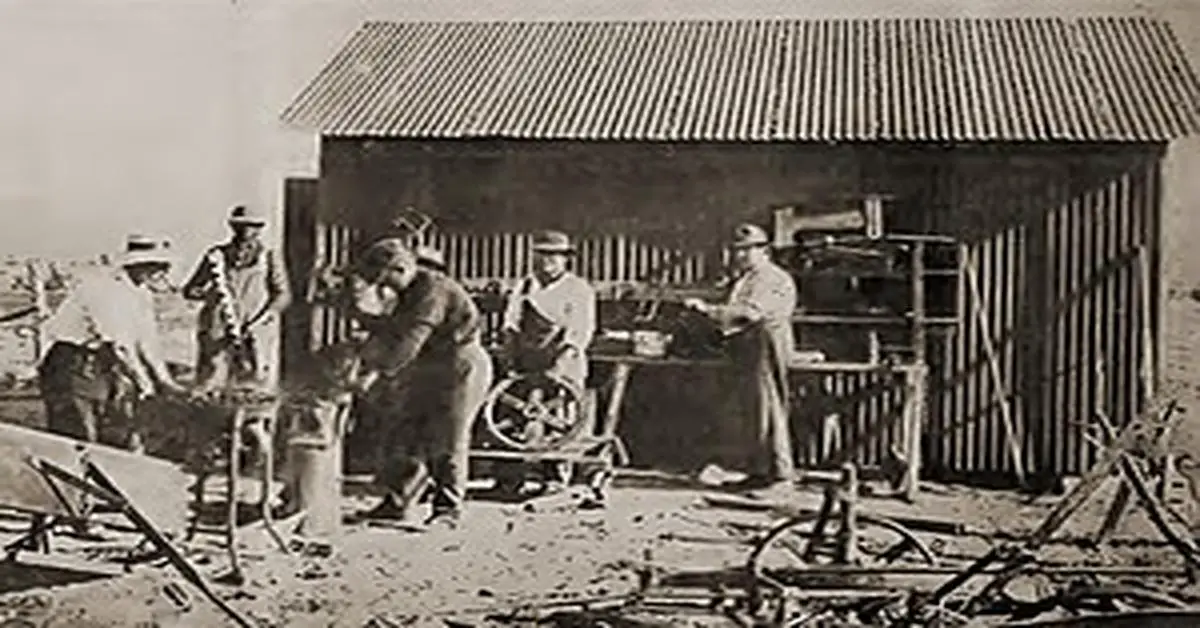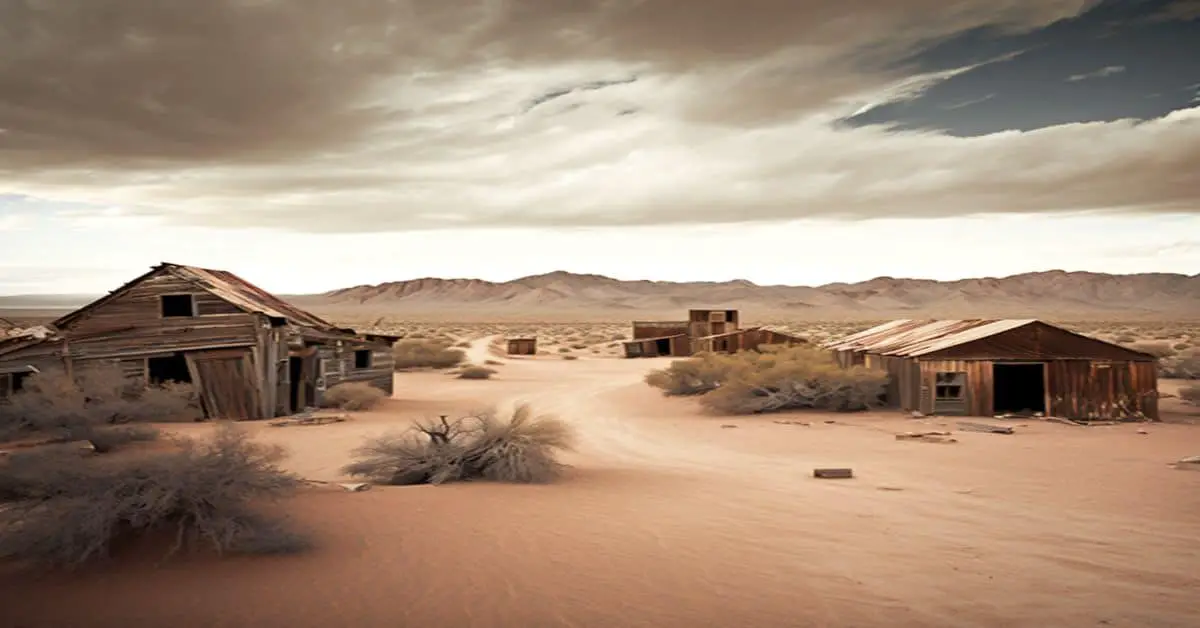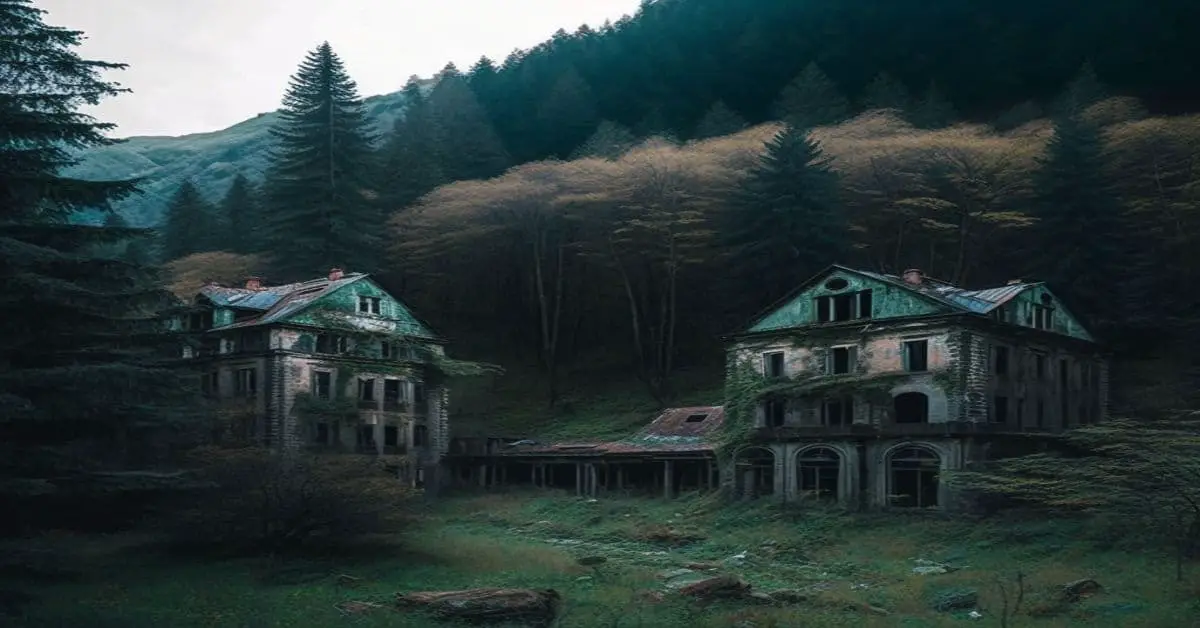Llano del Rio, California, Los Angeles County is a spellbinding ghost town with a rich history tied to utopian ideals and communal living. Once a thriving socialist colony, it now stands as a tribute to the ambitions and challenges of early 20th-century communal experiments. Below is detailed information about the town.
County: Los Angeles County
Zip Code: Not available
Latitude / Longitude: 34.5094° N, 117.8306° W
Elevation: Approximately 2,710 feet (826 meters)
Time Zone: Pacific Time Zone (PT)
Established: 1914
Disestablished: 1918
Comments: Llano del Rio was founded by Job Harriman, a prominent socialist lawyer and politician, as a cooperative colony based on socialist principles. During its brief existence, it was one of the most successful non-religious utopian communities in the United States.
The colony attracted diverse people, including artists, intellectuals, and laborers, all drawn by the promise of a self-sustaining, egalitarian community.
Remains: Today, the remains of Llano del Rio include several ruins and foundations scattered across the site. Key remnants include the partial structures of communal buildings, water systems, and the remains of the colony’s infrastructure. These ruins provide a glimpse into its settlers’ architectural style and communal aspirations.
Current Status: The site of Llano del Rio is currently abandoned. It is located on private property, which limits public access. However, it remains a point of interest for historians, archaeologists, and those intrigued by utopian experiments.
Remarks: Llano del Rio’s decline was precipitated by water scarcity, internal conflicts, and financial struggles. Despite its short-lived existence, the colony left an indelible mark on the history of communal living in America.
Its story is a poignant reminder of the complexities and challenges of creating a utopian society. The site is occasionally visited by those interested in exploring its fascinating past, and it continues to be a subject of study for historians interested in early 20th-century social movements.



